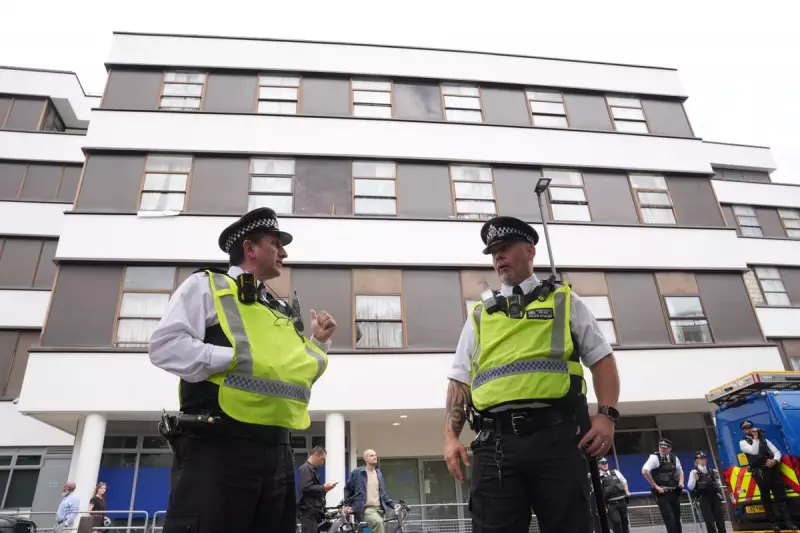
The Home Office has initiated a significant operation to clear thousands of asylum seekers out of hotel accommodations across the United Kingdom. In an internal memo, officials announced a major shift in policy, stating that all new arrivals will now be housed in alternative sites, effectively putting an end to the controversial and costly use of hotels.
The government's new plan involves housing migrants on the Bibby Stockholm barge and in former RAF bases, such as those in Scampton and Wethersfield. This move is a central part of Prime Minister Rishi Sunak's pledge to "stop the boats" and reduce the immense daily cost of hotel placements, which currently stands at an estimated £8 million.
Phased Evictions and New Assignments
According to the memo, the process will be conducted in phases. Asylum seekers currently residing in hotels will receive a minimum of three months' notice before being required to leave. They will then be offered alternative, non-hotel accommodation. However, a crucial new rule states that any asylum seeker who refuses such an offer will have their financial support withdrawn entirely.
The directive is clear: "Our aim is to end the use of hotels. All new asylum seekers will now be sent to the Bibby Stockholm or to the RAF sites." This marks a hardening of the government's stance on immigration accommodation.
Political Pressure and Legal Challenges
The policy is likely to face intense scrutiny and potential legal challenges. The use of the Bibby Stockholm barge was previously paused after the discovery of Legionella bacteria in the water system. Furthermore, plans for the RAF bases have been met with local opposition and are the subject of ongoing legal battles.
Despite these hurdles, the government is pushing forward. The memo instructs staff to begin issuing legally compliant eviction notices, signalling a determined effort to accelerate the clear-out and realise substantial cost savings for the taxpayer.





